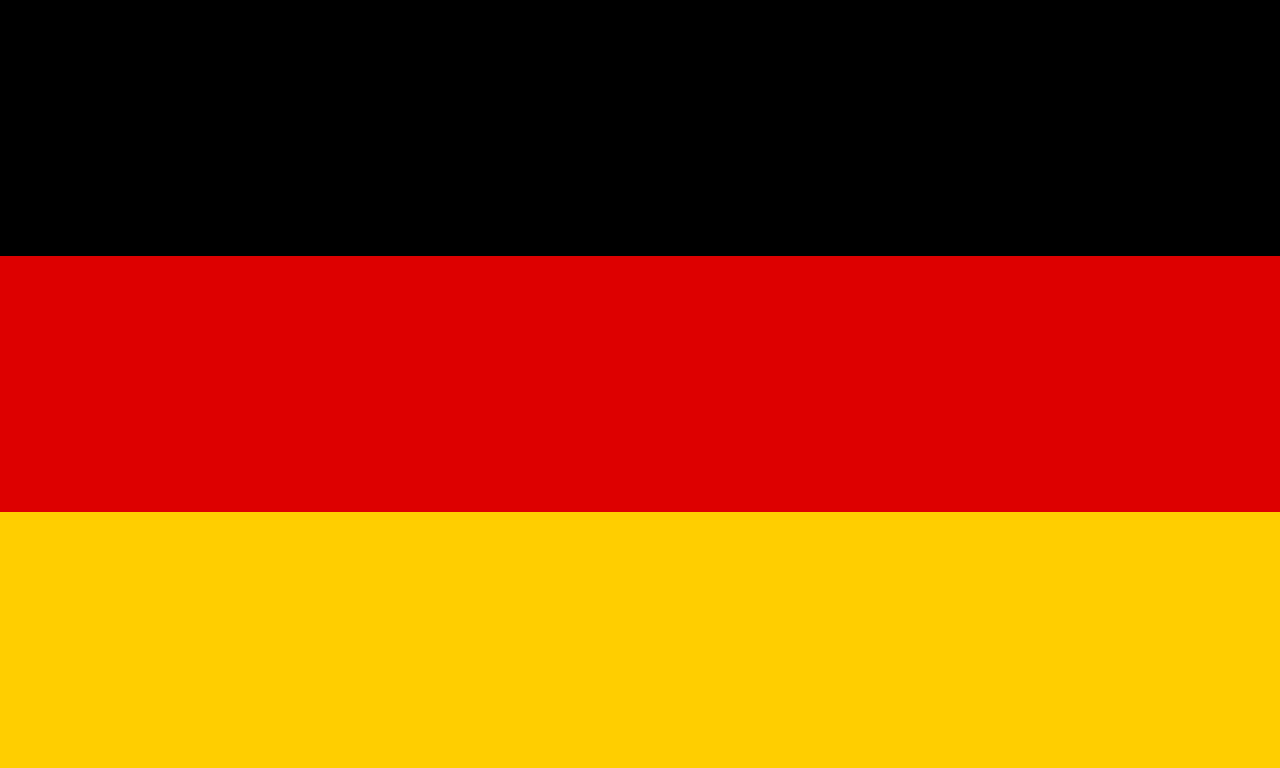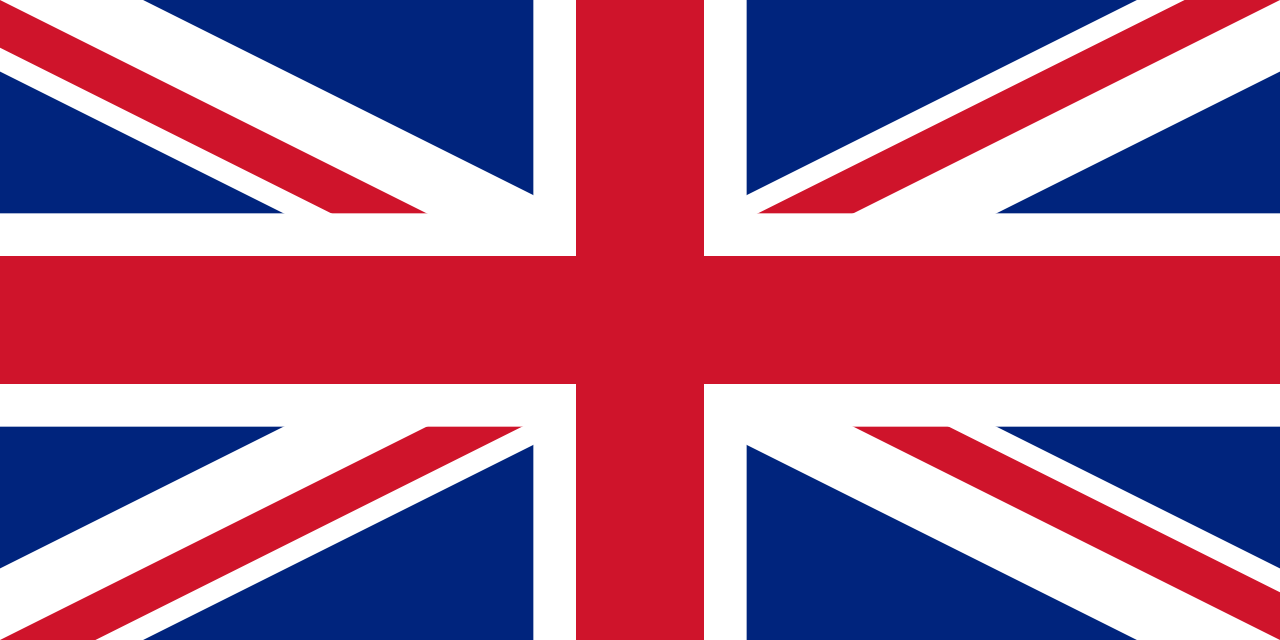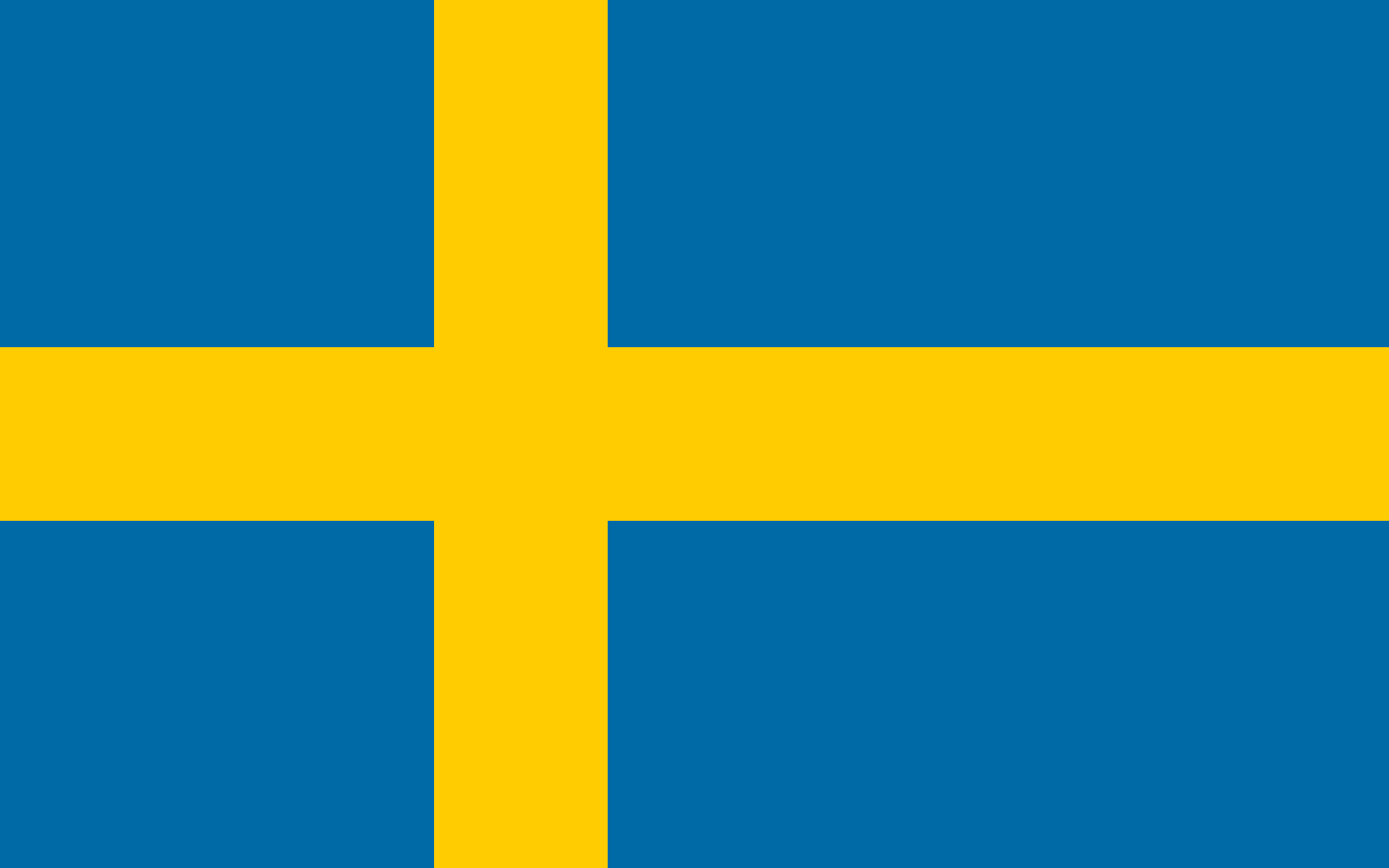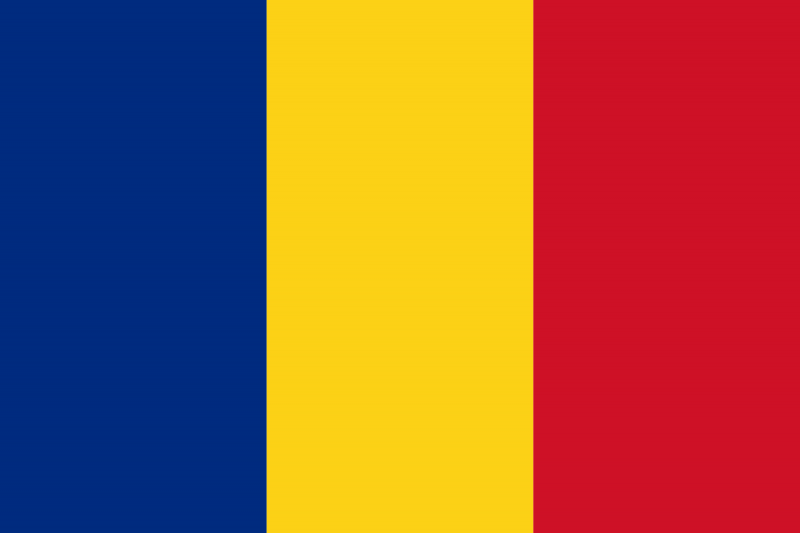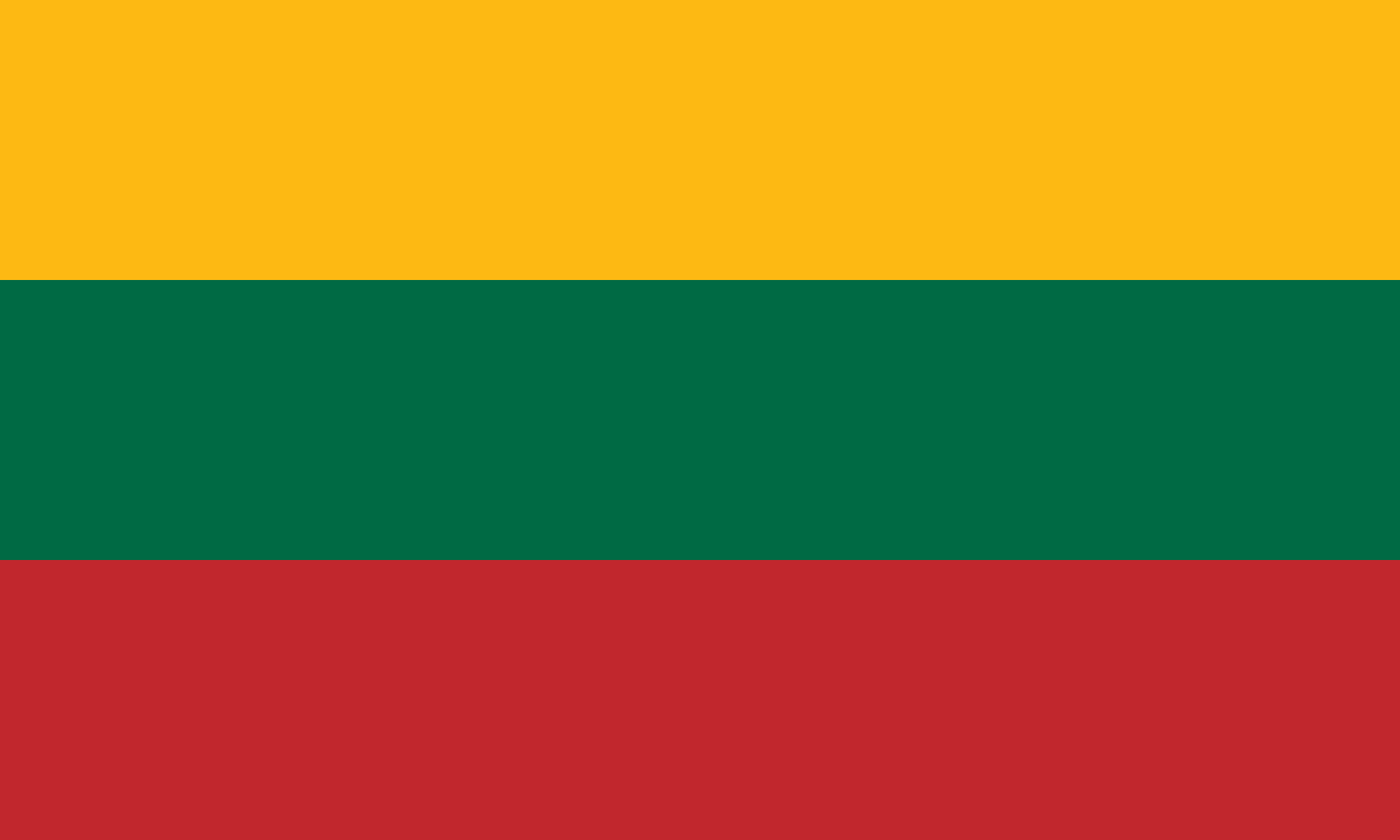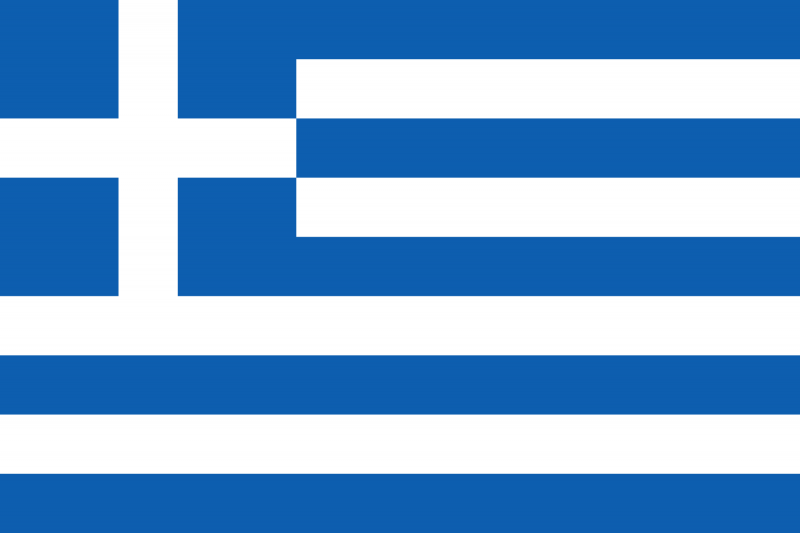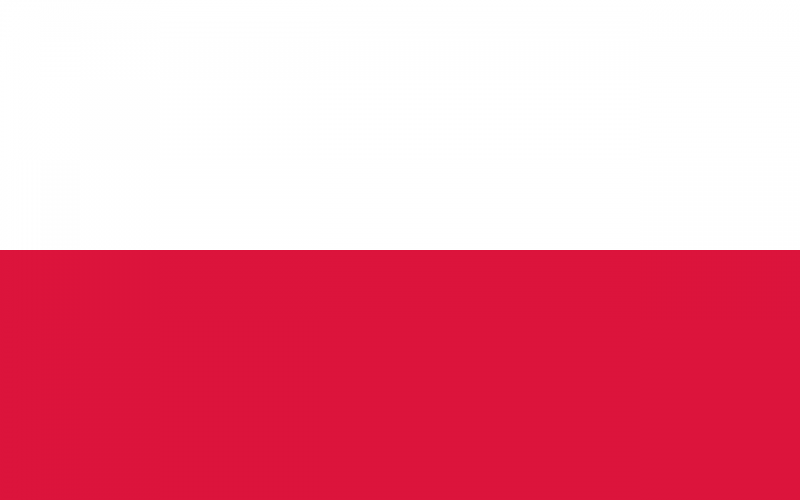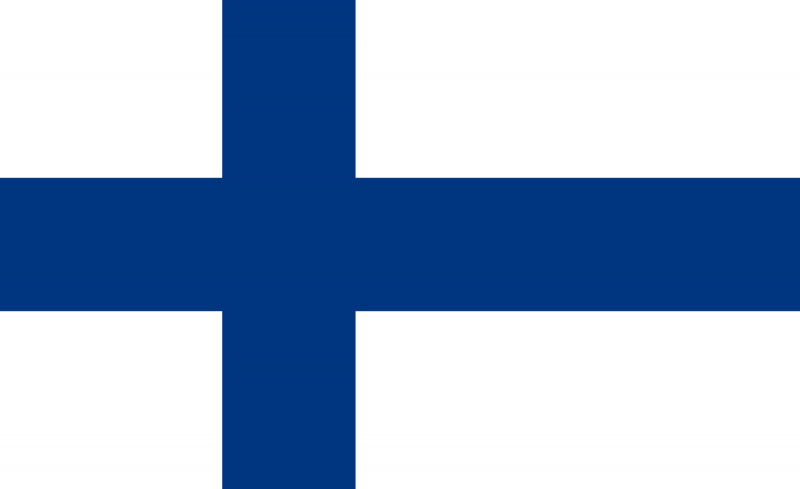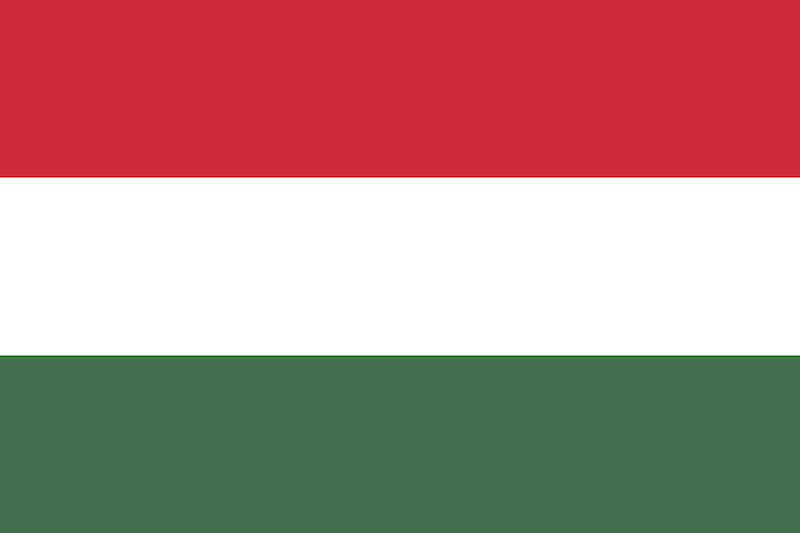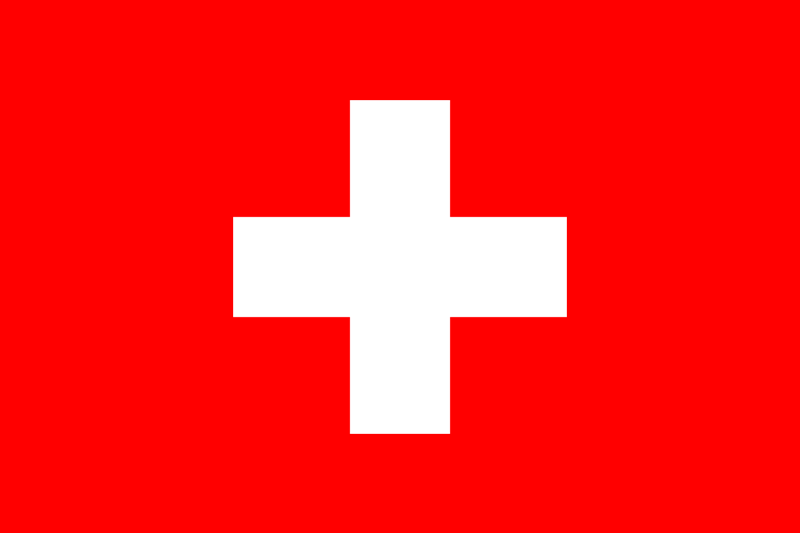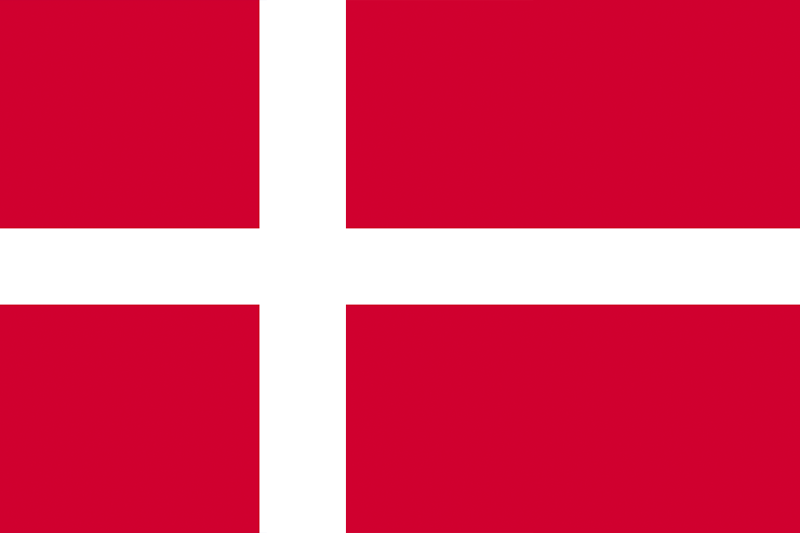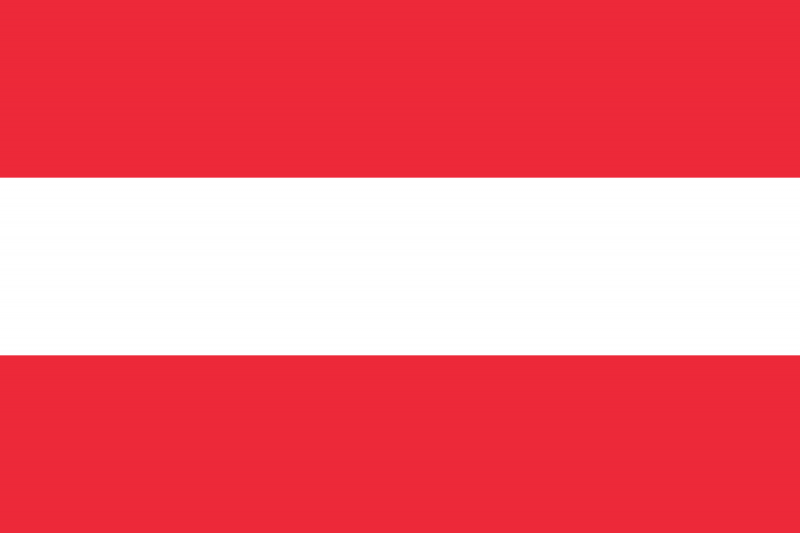 Ireland
IrelandCatholic tolerance, and the absence of political radicalisation
Within the partnership with the Association of the European Affairs Master at Sciences Po (AMAE)
Contrary to the rest of the Western world, the Republic of Ireland, or Éire, did not react to the 9/11 attacks on the World Trade Centre by developing an anti-terrorist/anti-radical Muslim rhetoric. No xenophobic paranoia neither penetrated Irish minds after the significant immigration wave and the subsequent economic crisis that affected the country, and therefore, no far-right anti-immigration party has emerged.
Although the overall picture is not that of an idealistic peaceful little island, accepting all races and cultures, an essential value of the Irish people is tolerance. Tolerance is one of the main teachings of the Irish Catholic faith, which is still at the heart of Irish people’s lives today: taught at school and at home, people developed a Catholic habitus intrinsic to their way of life, even though the majority is not as fervent as before. And indeed 90% of Irish people still identify with Catholicism today. Thus violence against migrants is not a widespread phenomenon and remains the acts of isolated individuals.
From an emigrant country to an immigrant country… to an emigrant country again
The punctuality of racist violence might be explained by the Irish sociology of migration (both immigration and emigration). Ireland is famous for being historically an emigrant country. From the Great Famine of the 1840s on, notable waves of nationals regularly departed, mainly to the UK or the US.
The year 1996 marked a turning point in Irish demographics, as Ireland became the last country of the then-European Union to see its immigration rate offset its emigration rate. Immigration in Ireland observed a dramatic growth around 2006-2007, the so-called Celtic Tiger years, but then, the economic crisis harshly hit the country and since 2009, Ireland has become an emigrant country again.
“Tolerance is one of the main teachings of the Irish Catholic faith. […] Taught at school and at home, people developed a Catholic habitus intrinsic to their way of life”
Certainly there were immigrants in Ireland before 1996. A Jewish Community, for instance, settled there in the 19th century. And just as anywhere else, minorities did, and still do, suffer from sorts of persecutions: from the Pogrom of 1904 conducted by Father John Creagh in Limerick to the murder of a Chinese student in Dublin in 2001, immigrants in Ireland, around 12% of the population, do not escape demonstrations of racism emanating from their fellow citizens.
The Polish community in Ireland and the Irish politics of integration – Success and limits
After Poland entered the EU in 2004, a massive wave of immigration from Poland and Lithuania arrived in Ireland, which was at the time undergoing an economic boom. If almost all Lithuanian immigrants left when the crisis hit the country, Polish immigrants stayed because they integrated well in this society very similar from theirs. Thus today, the Polish community constitutes the largest immigrant community in the country and Polish is the second most spoken language. Poles would consequently be natural targets for racists. However, there is no Irish equivalent to the anti-Polish populist rhetoric that has emerged in British politics. On the contrary, Poles in Ireland proved to have exemplary integrated into the society, in particular thanks to the work of the now famous Forum Polonia[1], a cooperative platform which develops projects and helps link different sections of the Polish and Irish population (individuals, community representatives, politicians, the media, etc.).
The Irish politics of integration for migrants might be so successful as it is more one of multiculturalism, as opposed to assimilation[2]. Indeed, to promote Polish culture, some schools introduced Polish language classes in their programmes, in addition to the usual French and German classes.
However, if social integration is a success, Polish and other immigrant communities remain under-represented on the political scene. There undoubtedly were efforts to politically integrate migrants during the last decade with candidates from immigrant communities participating in the 2004, 2007 and 2009 elections. The Fine Gael and the Fianna Fáil both have Polish language sections on their websites. For the last elections, only one party kept on playing the game, and this party is arguably the most populist party of the Irish political system, that is, the Sinn Féin[3]. In fact, the decrease in the integration of immigrant candidates in the two last elections is not the result of a growing anti-immigrant populism – as shown by the Black candidate of the Sinn Féin – but rather the result of political pragmatism, observing that immigrant candidates performed poorly in 2009 and that the turnout of voters from immigrant communities was pretty low.
As can easily be foreseen, political-integration activism seemed to be mostly orientated towards the Polish community rather than towards all migrant communities. For instance, a campaign called “Vote! You are at home!” was launched in 2014 by the School for Leaders Association in Poland, Forum Polonia in Ireland and the Polish City Club in the UK, carrying the message that Ireland was the “home” of Polish people and as such, they needed to be politically active there.
In a word, despite political under-representation, immigrants are well-integrated into Irish society. Of course, one cannot deny that a sort of populist language criticising migrants has emerged when the crisis hit the island. However, authors point out that this rhetoric is more one of “social stigmas […] reified through material stigmas” like skin colour or physical religious attributes (LOYAL, 2011): it is in the context of a fight for scarce resources among the “disempowered sections of the population” that such resentment emerged. This feeling did not last and consequently, the topic was not seized by any political party. In fact, migration is not even mentioned in the manifesto of the three largest parties of the political system, i.e. Fine Gael, Fianna Fáil and Sinn Féin. Immigration is not to a mobilising topic in Irish politics, and immigrants end up neither actively excluded, nor actively included…
The case of Irish Travellers as targeted minority
If immigrants do not seem to be the primary targets of racism in Ireland, another community suffers from discrimination on the island, namely the Irish Travellers. It is estimated that they are around 29.500 living in Ireland, accounting for ca. 0.6% of the total population.
The Irish Travellers are an ancient people native of Celtic Ireland, who refer to each other among themselves as “Pavees” or “An Lucht Siứil” (i.e. “the walking people” in Gaeilge). They share a common language called Shelta, Gammon or Cant, and common traditions. Among these specific traditions is their culture of itinerancy; today, part of the community still lives in caravans.
“The anti-Traveller racism in Ireland is nourished by the fact that Travellers’ identity was constructed by years and years of myths and misrepresentation emerging from both sides”
The majority of the Irish settled population simply pays no attention to the “Tinkers”, “Pikeys” or “Knackers”, as they call them. Indeed, a survey conducted in 2010 reports that 80% of settled Irish people have never spoken to a Traveller. Attitudes vary from tolerance and indifference to open aggressiveness (for a minority though). The anti-Traveller racism in Ireland is nourished by the fact that Travellers’ identity was constructed by years and years of myths and misrepresentation emerging from both sides.
Whereas the Irish politics of integration for immigrants tends to respect multiculturalism, historically, the leading word regarding Travellers has long been that of assimilation. The case of the Travellers became a political issue in the 1960s, when the Report of the Commission on Itinerancy (1963) first acknowledged the actual differences in treatment experienced by the Travellers. Back then, their exclusion from society was explained by their cultural inferiority as a deviant and violent underclass. The solution was for them to abandon their culture, in particular their life of itinerancy, to be considered as equal and get access to welfare. In fact, the way Travellers were depicted in the report resulted in more mistrust from the population, and the few integration policies that it recommended turned out to be even more exclusionary.
Things changed slightly as a second[4] and then a third[5] report were written and Traveller activist movements started organising. The 1995 Report of the Task Force on the Travelling People recognises the institutional discrimination towards Travellers in public services relating to health, education or housing. Although it does not emphasise the evident anti-Traveller racism, it still claim for their equality with the rest of the Irish population, equality that would then become law with the Equal Status Act of 2000.
Nevertheless, contrary to the United Kingdom, which comprises Northern Ireland, the Republic of Ireland still does not recognise a legal ethnic status for Travellers[6]. Traveller-led movements and human rights organisations argue that the denial of traveller ethnicity by the State has engendered a denial, as the State level again, of the actual anti-traveller racism among the population.
Even though the rights of the Travellers are recognised today by Irish law, there is still no much improvement in their every-day lives. Their situation is all the more ambiguous since some laws passed by the government seem to be a denial of their culture, if not explicitly like the Control of Horses Act of 1997, at least implicitly like the Housing (Miscellaneous Provisions) Act of 2000 which criminalises trespass on public and private land.
The situation has become a vicious circle: Travellers are constantly marginalised or even ostracised, left living in indecent housing or camping on unauthorised sites, unschooled and uncared for, which makes them suspicious of public institutions. In turn, public officers mistrust them, as they seem not to be willing to integrate. As mentioned, the majority of the civil population is simply indifferent to them, so that they remain a rather ignored subject in Irish public partisan debate.
The premature death of populism in Ireland
The model of the “new right” that triumphs in the rest of Europe carried by far-right anti-immigration parties is undeniably not relevant to the Irish partisan system. The only party that arguably uses populist rhetoric is the Sinn Féin, and its ideas make it closer to a left-wing party than a right-wing party. Moreover, Sinn Féin’s main concerns today are the economic recovery of the country and the improvement of Irish citizens’ quality of life, two topics that are in no way connected to immigrants or travellers in their manifesto.
Conversely, it is the European Union that mostly produced populist rhetoric in the mouth of Irish parties’ leaders. In this regard, the Fianna Fáil, the socially conservative centre-right party that dominated Irish politics for 61 out of the 87 last years, does make use of a soft populist-like rhetoric when addressing European Union or national government decisions. The Fianna Fáil in fact entered political opposition after it experienced its worst electoral defeat ever at the Parliamentary elections in 2011. As far as Europe is concerned, it used to be part of the conservative Eurosceptic parliamentary group “Union for Europe of the Nations” until 2009, when it u-turned to the “Alliance of Liberals and Democrats for Europe”.
Today, the Irish people seems to be reconciled with the EU, even though their enthusiasm for European integration does not reach its rocketing levels of the years 1999-2000. On average, Irish people are among the most positively disposed towards immigration in the EU: 67% believe that immigrants contribute positively to the society, and the country says itself to be ready to welcome the 4.000 refugees it was allocated by the Commission relocation Plan of September 2015. The recipe for the failure of populism and radicalisation there? I would say above all the Catholic spirit of the country that teaches tolerance before anything else.
Sources:
[1] For more information, see the website of the Forum Polinia, on: www.forumpolonia.org/en/.
[2] The 1999 Government report Integration: A Two-way Process defines integration as “the ability to participate to the extent that a person needs and wishes in all of the major components of the society, without having to relinquish his or her own cultural identity.”
[3] Edmund Lukusa, an African-Irish citizen, stood for and was elected in Mulhuddart, in Dublin.
[4] Report of the Review Body (1983)
[5] Report of the Task Force on the Travelling People (1995)
[6] The status of Travellers in the UK was recognised after the case Mandla v. Lee of 1983 before the House of Lords.
Bibliography:
Coakley, J. (2010): “The Rise and Fall of Minor Parties in Ireland”, Irish Political Studies, 25:4, pp. 503-538.
Fanning, B. (2012): Racism and Social Change in the Republic of Ireland, second edition, Manchester, Manchester University Press.
Fitzgibbon, J; Guerra, S. (2010): “Not Just Europeanisation, Not necessarily populism: Potential Factors underlying the mobilisation of Populism in Ireland and Poland”, Perspectives on European Politics and Society, 11:3, pp. 273–291.
Hayes, M. (2006): Irish Travellers, Representations and realities, Dublin, The Liffey Press.
Haywart, K. (2010): Irish Nationalism and European Integration, The Official redefinition of the island of Ireland, Manchester, Manchester University Press.
Inglis, T. (2007): “Catholic Identity in Contemporary Ireland: Belief and Belonging to Tradition”, Journal of Contemporary Religion, 22:2, pp. 205-220.
Loyal, S. (2011): Understanding Immigration in Ireland, State, capital and labour in a global age, Manchester, Manchester University Press.
Lynch, S. (2015): “Ireland “ready” for arrival of first allocated refugees”, The Irish Times online, on: www.irishtimes.com.
O’Boyle, N; Fanning, B.; Di Bucchianico, D. (2015): “Polish Immigrants and the Challenges of Political Incorporation in the Republic of Ireland”, Irish Political Studies.
O’Mahony (2009): “Ireland’s EU Referendum Experience”, Irish Political Studies, vol. 24:4, pp. 429-446.
Van Hout, M.C.; Staniewicz, T. (2012): “Roma and Irish Traveller Housing and Health – A Public Health concern”, Critical Public Health, 22:2, pp. 193-207.



